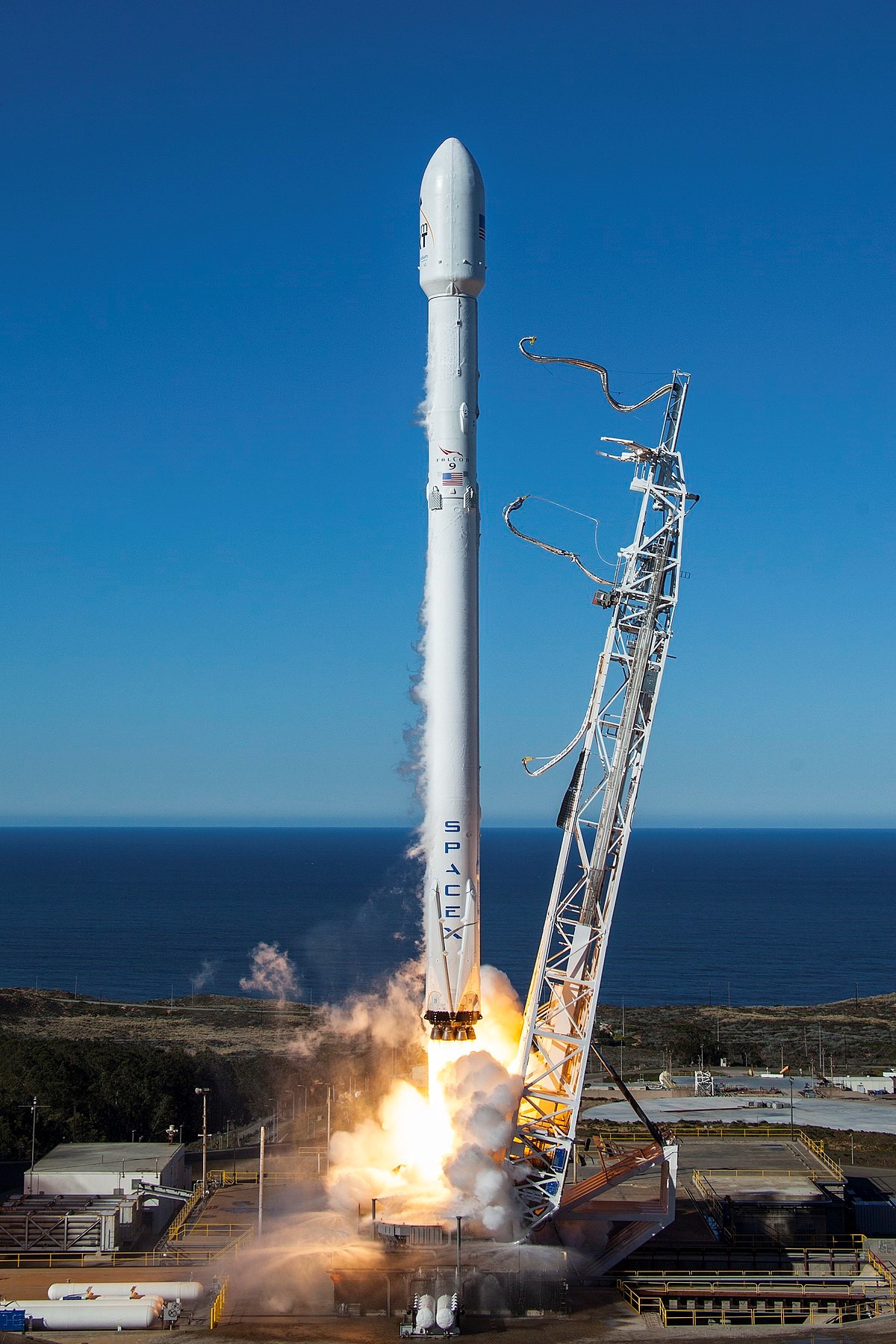NASA Concerned About SpaceX Plan To Super-Cool Propellant For Falcon 9
Space Exploration Technologies (SpaceX) is an private U.S. aerospace manufacturer and space transportation services company. It was founded in 2002 by Elon Musk with the stated mission of reducing space transportation costs and enabling the colonization of Mars. SpaceX has developed the Falcon family of launch vehicles and the Dragon family of spacecraft. They have pioneered the soft landing and reuse of their launch vehicles. Currently, SpaceX is delivering supplies to the International Space Station under a contract with NASA.
When SpaceX was developing ways to make their Falcon 9 rocket more powerful, one of the ideas they came up with was to keep the propellant at super-cold temperatures. This would reduce the volume of the propellent and allow more to be packed into the tanks on the rocket.
Some safety experts have criticized this idea because they say that it carries major risks. In order to untilize such super-cold propellent, it would have to be loaded into the rocket just before launch. If it were a manned flight, the astronauts would already be aboard the rocket. Any accident or spark during fueling could lead to an explosion.
Because of these possibilities, some members of Congress and NASA safety experts have expressed concerns about SpaceX implementing their super-cold propellent concept. NASA and SpaceX are preparing to launch people into orbit on Falcon spacecraft as early as this year. A NASA advisory group said that the new fueling method was “contrary to booster safety criteria that has been in place for over 50 years.”
NASA’s worries about astronaut safety peaked in September of 2016 when a SpaceX Falcon 9 rocket blew up during fueling for an engine test. No on was injured but a very expensive satellite was lost in the explosion. This pointed out the possible danger of having astronauts aboard a spacecraft while it was being fueled.
NASA is not the only member of the space industry to be worried about SpaceX’s fuel loading plans. John Mulholland oversees Boeing’s contract to fly astronaut to the ISS. He once worked on the space shuttle. He said, that the late fuel loading plan which is called “load-and-go” was rejected by NASA because “we never could get comfortable with the safety risks that you would take with that approach. When you're loading densified propellants, it is not an inherently stable situation.”
Musk is a flamboyant entrepreneur who is willing to take risks in the high-stakes game of space exploration. He has problems with the bureaucratic system in place at NASA. Some people believe that the agency became too paranoid and cautious following the two shuttle disasters in which fourteen astronauts lost their lives. Those who support SpaceX and Musk’s risk taking say that tradition and old ways of thinking are the enemies of innovation and are impeding the exploration of space.
A professor at the University of Southern California who served on the Trump transition team said that “NASA is supposed to be a risk-taking organization. But every time we would mention accepting risk in human spaceflight, the NASA people would say, 'But, oh, you have to remember the scar tissue' — and they were talking about the two shuttle disasters. They seemed to have become victims of the past and unwilling to try anything new, because of that scar tissue."
A former NASA acting administrator said that NASA and the whole society in the U.S. has become too risk adverse. He recently said “I worry, to be perfectly honest, if we would have ever launched Apollo in our environment here today if Buzz [Aldrin] and Neil [Armstrong] would have ever been able to go to the moon in the risk environment we have today."
